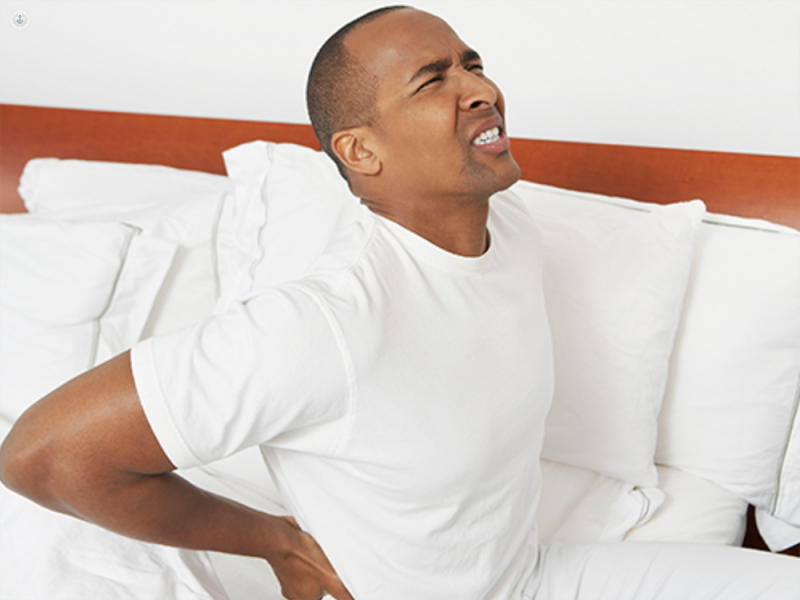What are urinary tract stones
Autore:Between 10-15% of people worldwide have urinary tract stones, mostly aged 30-60 years. These stones - known as called calculi - are hard masses that form in the urinary tract. They can cause pain, bleeding, infection and block of the normal flow of your urine.
In his latest article, Mr Sam Datta explains what the symptoms are, why they appear and what treatment is available to help get rid of them.

What are the symptoms of urinary tract stones?
Urinary tract stones usually present with three symptoms:
- Blood in urine
- Excruciating pain
- Urinary tract infections (UTIs)
Urinary tract stones begin to form in the kidneys and may enlarge in the ureter or bladder. As the stones grow larger, they can cause severe agony. People that experience this typically end up visiting the A&E due to the pain.
Sometimes, smaller stones can create a silent blockage and actually cause damage to the kidneys. As the smaller stones may not present with symptoms, they can be with there for a long time without you noticing.
What causes urinary tract stones?
Depending on where the stones are located, they can be called kidneys stones, ureteral stones or bladder stones. They come from minerals in the urine which join together to form crystals. Some of these crystals then turn into stones. Around 85% of these stones are made up of calcium.
Stones can be caused by being overweight, not drinking enough water and sometimes, eating too much salt.
Some populations are at higher risk of developing stones due to their diets, particularly populations that consume a lot of red meat and animal-sourced protein. Additionally, people that have a family history of stone formation are more likely to have them.
How are urinary tract stones treated?
The treatment for a urinary tract stone depends on where the stones are located and how large they are. There are many different strategies to remove them:
- Shock wave lithotripsy - this technique uses high energy shock waves that are passed through the body to break up the stone into small pieces. That way, you can pass it freely when you urinate.
- Laser lithotripsy - if the stones are located in your kidneys, a doctor may opt to use a laser to break apart the stones. This will require general anaesthesia, however, incisions are not needed.
- Keyhole surgery through your back - if a doctor decides that surgery is best, they small keyhole sized incisions are made in your back to remove the stones.
How can urinary tract stones be prevented?
Not all stones can be prevented; however, if you have a family history of stones, you can reduce your risk of developing them by making sure you drink enough water and reduce your intake of red meat, animal source-protein and salt.
If you have had stones, your doctor will advise you the best diet to help prevent them from returning.
To book an appointment with Mr Sam Datta, visit his Top Doctors profile and check his availability.


